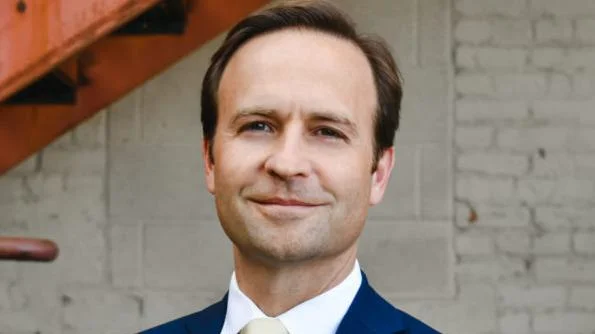Brian Calley President and Chief Executive Officer at Small Business Association of Michigan | Official website
Brian Calley President and Chief Executive Officer at Small Business Association of Michigan | Official website
Career growth is evolving beyond traditional linear paths. Employees now seek meaningful development, purpose-driven opportunities, and individualized support. Organizations are encouraged to adopt a human-centered strategy that engages employees at all levels.
To achieve this vision, organizations should personalize career growth approaches by recognizing the unique aspirations of each employee. Some may aim for leadership roles, while others focus on technical skills or lateral mobility. Using assessments and coaching can help identify individual strengths and goals, improving engagement and retention.
Creating a supportive environment is crucial for reimagined career growth. Encouraging curiosity, experimentation, and continuous learning helps foster development. Leaders should share their own growth experiences to normalize ongoing career evolution. Providing access to mentors and cross-functional projects supports this approach.
Highlighting the benefits of nonlinear career growth makes change more appealing. Sharing success stories within the organization can demonstrate personal achievements and positive impacts on teams or the company as a whole. Emphasizing increased confidence, adaptability, and talent pipeline strength helps individuals understand how these efforts enhance their marketability.
Addressing concerns about change is important for employee comfort with new paths. Managers should be equipped to have supportive conversations about development options, offering resources like learning stipends or coaching.
Inviting employees to share their own career growth stories creates community and inspires others to explore their potential. Real-life examples of colleagues who advanced through nonlinear development illustrate how such experiences contribute to career progression.
Reimagining career growth requires a mindset shift rather than just implementing programs. By personalizing approaches, building supportive environments, showcasing impact, addressing concerns, and sharing real stories, organizations can cultivate a culture where growth feels both possible and powerful.
By Dana Weidinger






 Alerts Sign-up
Alerts Sign-up